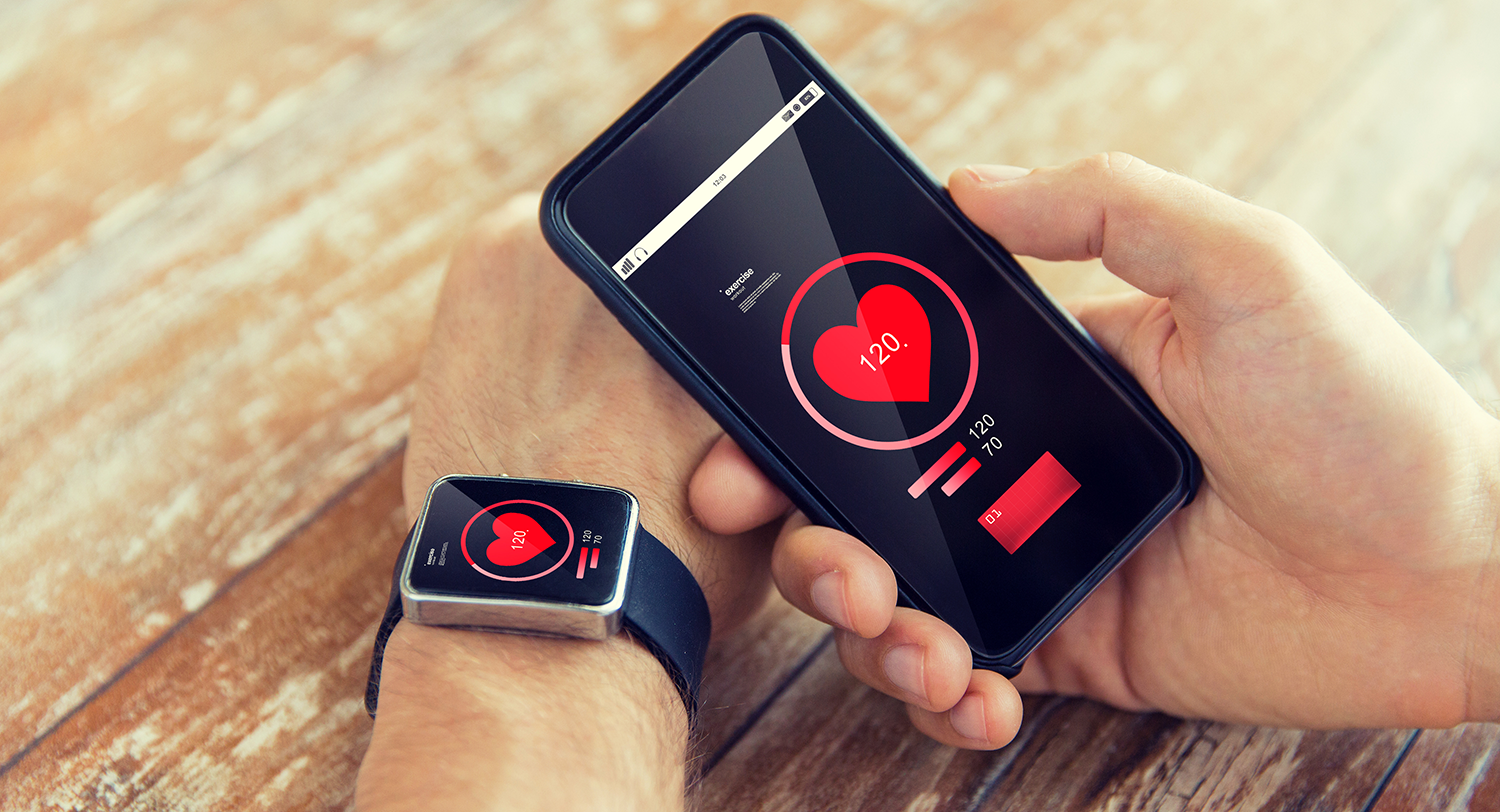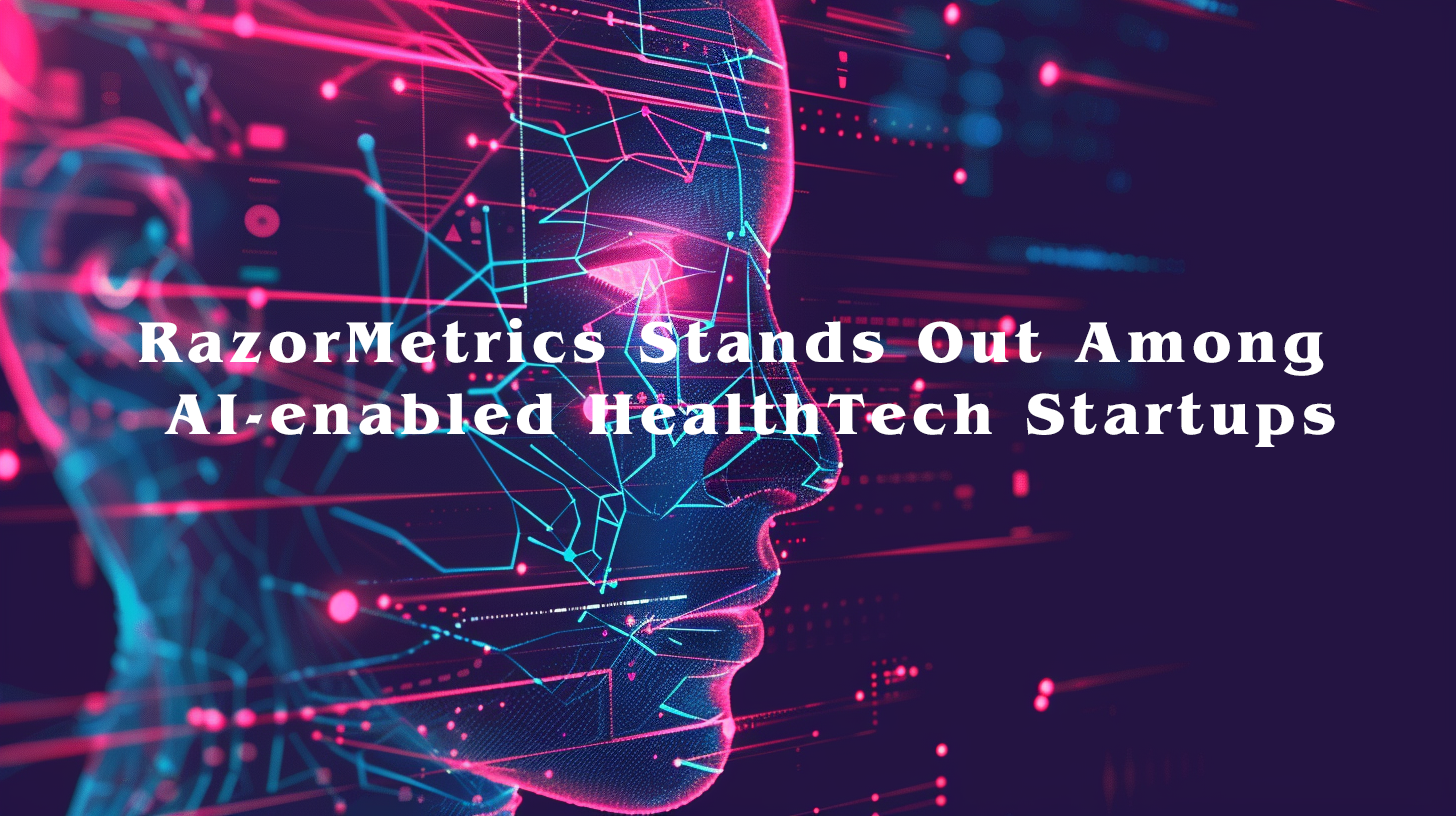According to a recent survey of 1,200 healthcare providers by the National Center for Primary Care at the Morehouse School of Medicine, physicians have been slow to adopt digital health technologies such as mobile apps, wearables, and remote patient monitoring. These tools allow providers to better manage acute and chronic conditions and reduce patients’ travel costs and infection risk.
The survey, which looked at digital health tool adoption in North Carolina, Georgia, Tennessee, and Kentucky, found that only a quarter of physicians surveyed used mobile apps and wearables to track patients, and just 1 in 10 used home-based monitoring technology. Researchers concluded that physicians are not using the new digital tools primarily because patients do not have access to the technology.
The medical field has always been slow to adopt new technologies. The fight over electronic health records (EHRs) is a good example. It wasn’t until Congress forced the issue with the HITECH Act that medical offices went digital. The Act offered financial incentives for switching from paper records to EHRs, and the law added penalties for failing to adopt the technology.
Telemedicine only took off because the Covid pandemic made it more convenient for contagious or vulnerable patients to access their healthcare provider. Insurers updated their billing process to allow physicians to charge for virtual visits making telemedicine financially viable. The newer digital technologies like home monitoring and mobile health apps do not have the same incentives to encourage physicians to take the leap.
Other findings from the research included:
- Two out of three physicians used telemedicine and electronic health records;
- Fewer than 40% used a prescription-drug monitoring program;
- About 25% utilized mobile apps and wearable devices in their practice; and
- Only 1 in 10 leveraged home monitoring technology.
The limited adoption of these tools has implications for patient access and health equity, particularly as their use increases in specialty. The benefit of digital medical technology is evident. Home monitoring tools include things like fetal heart monitors, breathing apparatuses, and specialized monitors for dementia and Parkinson’s disease. But these tools are expensive and require patient training, diagnostics, a good internet connection, and monitoring.
Even though remote patient monitoring is highly beneficial to patients, the barriers have been too high. According to physicians, the extra time, cost, and inability to integrate the technology into their workflows is a non-starter.
What makes RazorMetrics so popular is that the switch process is within the routine clinical workflows that have existed for decades. Physician response rates are consistently around 74% to RazorMetrics’ medication switch requests.



